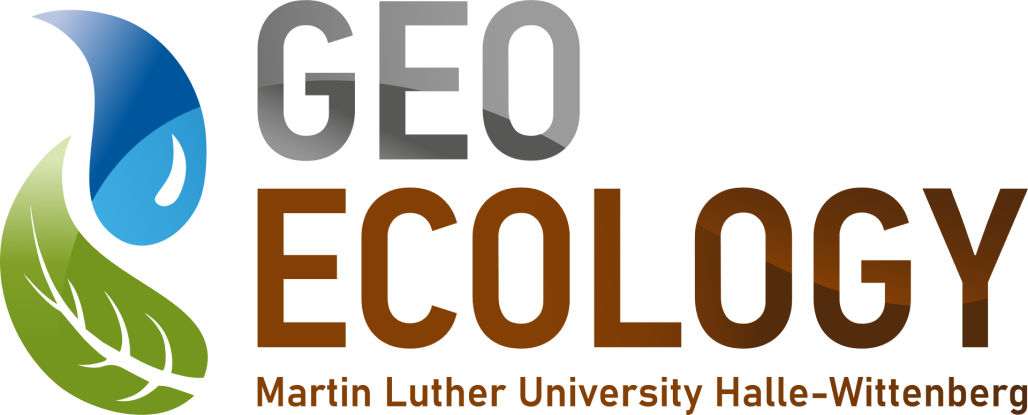The Technical Commission of the Union der Deutschen Kartoffelwirtschaft e.V. (UNIKA) and the Technical Committee of the German Potato Trade Association (DKHV) were invited to the department of Geoecology at Martin Luther University Halle-Wittenberg (MLU) in December as discussion partners and sources of inspiration. An interesting programme on the topic of “Remote sensing technology for digitalisation in crop production” awaited the committee members there. Scientists from MLU and the Helmholtz Centre Potsdam – GFZ German Research Centre for Geosciences gave an insight into the research activities of the project AgriSens DEMMIN 4.0 digital experimental field. The investigations into the digital estimation of water requirements in potato cultivation and the development of a smart system for detecting stones on agricultural land were presented and discussed in detail.
“Our AgriSens DEMMIN 4.0 project aims to provide farmers with remote sensing data from satellites, aircraft and drones, for example, and to be able to use this as a basis for decision-making on the farm,” explained Prof Dr Conrad (MLU), spokesperson for the project, in his welcome address. “The dialogue with practitioners is therefore crucial to our work. In the end, our project results should bring added value to the farmer. We can only work out how best to achieve this through joint dialogue.” AgriSens DEMMIN 4.0 is one of the 14 “Digital Experimental Fields” funded by the Federal Ministry of Food and Agriculture (BMEL).
“Research on potatoes has unfortunately declined sharply in the past, but there is a great and urgent need for research in many areas. We are therefore delighted that the project led by Prof Dr Conrad’s team is also focusing on potato irrigation studies,” explains Dr Rolf Peters, Chairman of the UNIKA Technical Commission. In many regions of Germany, field irrigation is essential as an important yield- and quality-stabilising measure in potato cultivation. The potential and opportunities offered by digitalisation are of great interest to the potato industry.
The involvement of farmers in the individual sub-projects of AgriSens DEMMIN 4.0 is a good example of the link between science and practice. The joint exchange was important. It provided many new insights on both sides. “We have started the dialogue and will continue it in the future, because this is the only way to transfer knowledge between farms and science,” Prof. Dr Conrad and Dr Peters agree.
